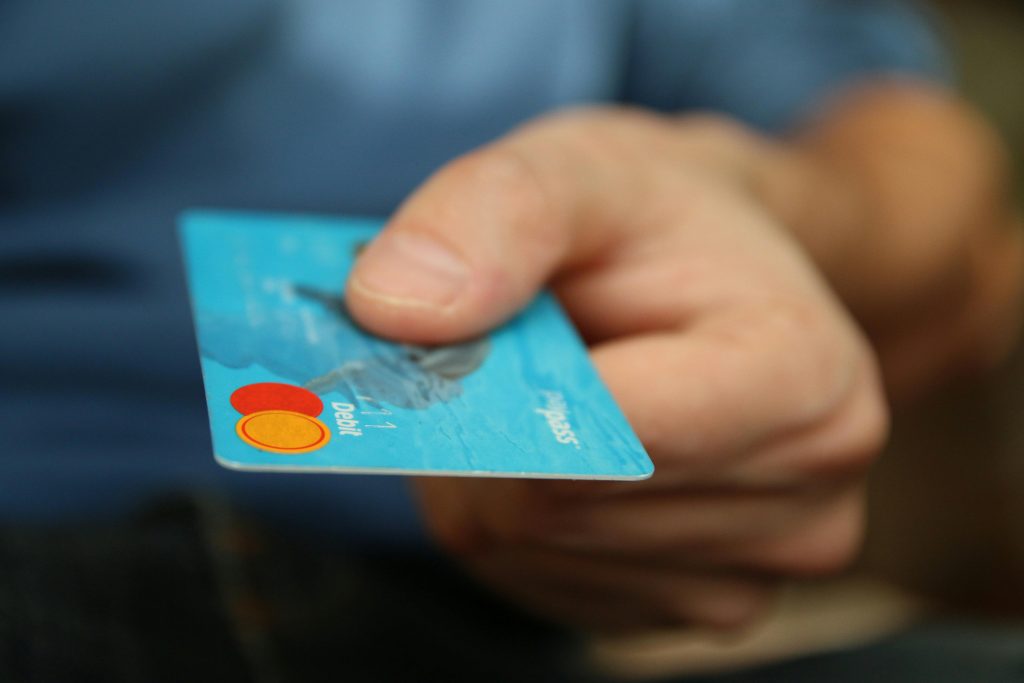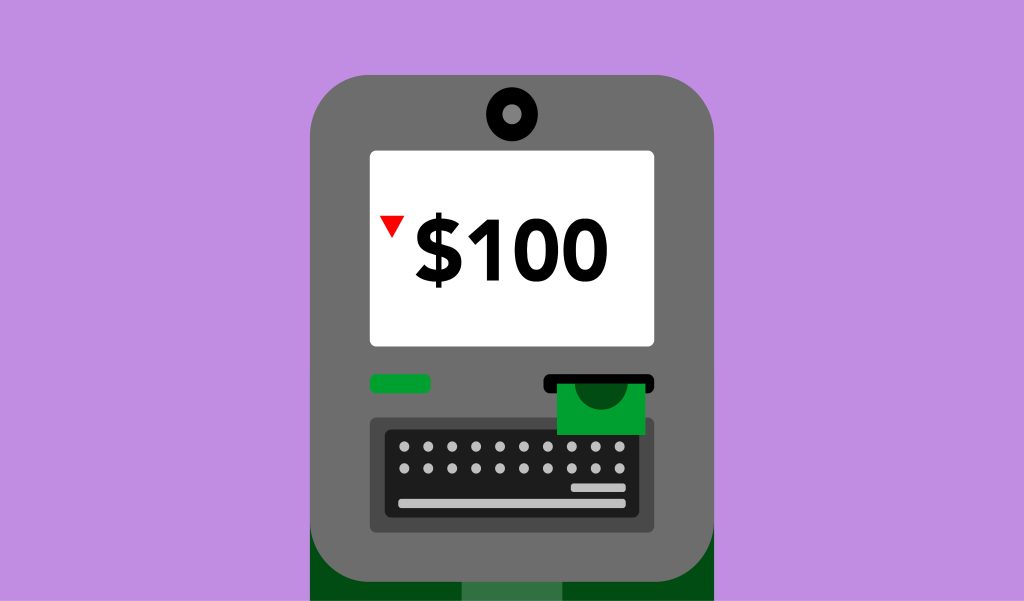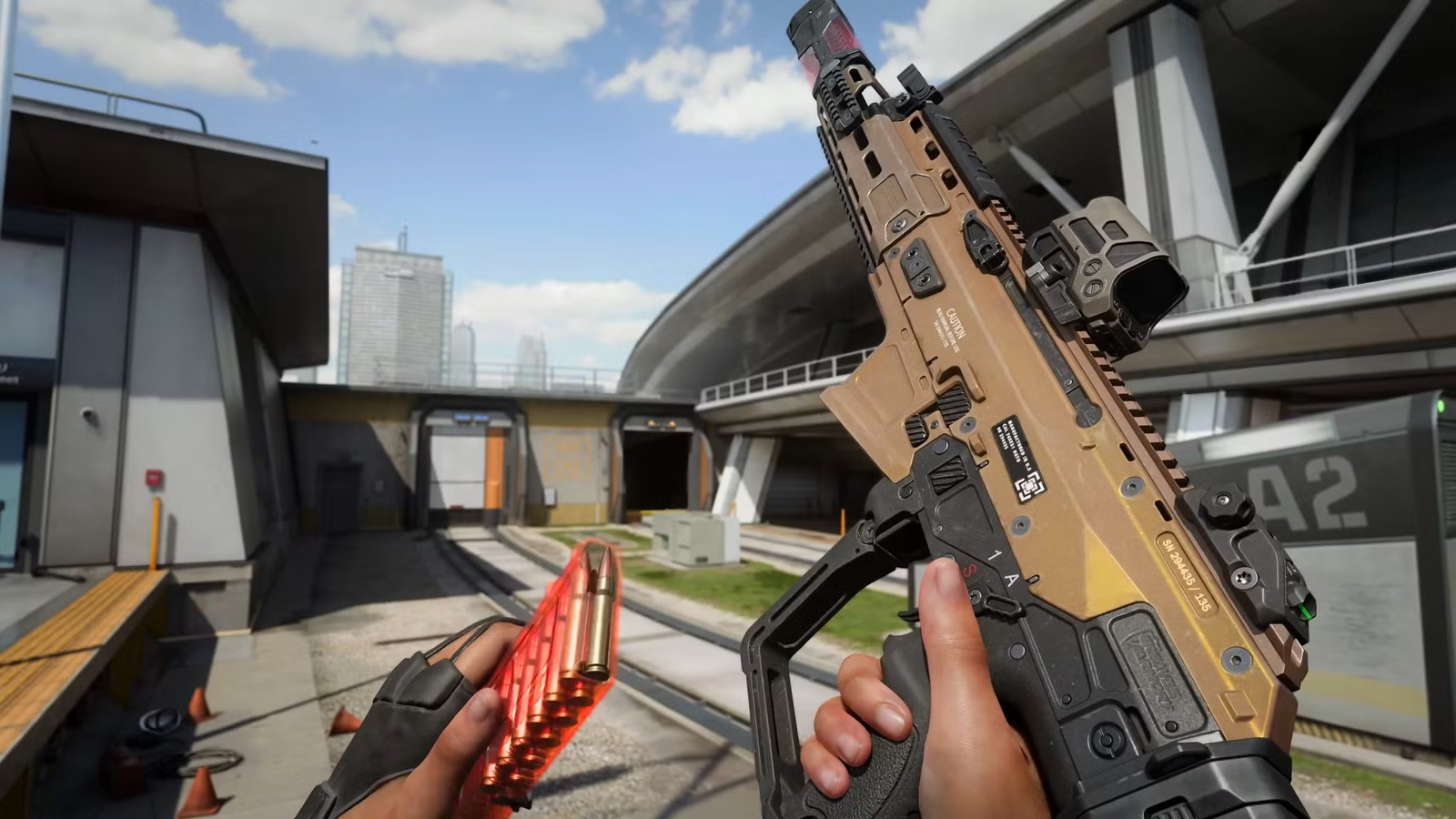Despite their decades of baggage, or perhaps precisely because of such a long tradition, credit cards remain the most frequently used payment method. The number of transactions in the U.S. alone reached an estimated 56.2 billion in 2024, averaging 153.9 million per day.
Their convenience is undeniable and it has found its place in the online casino mechanisms: instant deposits, wide acceptance, and familiar processes keep the cards ahead even as e-wallets and crypto gain ground. However, behind the ease lurk real risks, ranging from overspending to high transaction fees and even blocked payments. Understanding how to use credit cards responsibly matters for anyone hoping to gamble without adding financial strain.
This article gives practical, factual steps to help you navigate that line.
Know Your Casino and Payment Rules
The first thing all players should, before entering any payment detail, is to check their card type is accepted on the platform. While Visa and Mastercard are widely supported, some casinos also allow Amex or Discover. The point here isn’t only about deposits. Many players don’t realize that withdrawals often follow different rules. This means that some platforms send winnings back to the card, while others ask for a bank transfer or an e-wallet. Checking these details in advance helps avoid unpleasant surprises when it’s time to cash out.
Regional rules and bank restrictions can add another layer of confusion. Certain U.S. banks automatically block gambling transactions, which leaves players puzzled when their deposits fail or accounts get flagged. Moreover, attention needs to be paid to bonus terms, too. Many casinos attach promotions or free spins to specific payment methods, meaning the choice of card can influence the rewards on offer. Many top-rated platforms explain clearly how credit card casinos verify payments, letting players instantly fund their accounts with a variety of credit cards and enjoy fast deposits, generous bonuses, and 24/7 support. Taking ten minutes to understand the payment framework can mean the difference between a smooth start and an immediate headache.
Set Hard Spending Limits Before You Play

A credit card makes spending almost effortless, which is exactly why hard limits matter. Before opening a casino account, players should set a clear cap on how much they’re willing to risk. The importance here lies not just in expecting losses but also in recognizing the line between entertainment and harm. For instance, someone might set a $100 cap per weekend and stick to it, knowing that amount fits within their budget whether they win or lose.
This kind of planning also connects to how people handle credit cards more broadly. Reports confirm that 2 out of 10 Americans manage their credit card debt wrongly, believing that making regular minimum payments is enough, while it actually significantly extends your payback period and increases the total sum. In the context of online casinos, staying aware of spending helps players avoid unnecessary stress and focus on the entertainment. When deposits are seen as part of a planned budget, the session stays fun, and any winnings are a welcome extra.
Understand the Costs Behind Credit Card Gambling
Many players nonchalantly click through the platforms completely unaware of how banks treat credit card deposits. In most cases, banks see them as cash advances. This means these carry immediate fees and high-interest rates. There’s no grace period, no points earned, and no delayed billing. Add foreign transaction fees when playing on international sites, and the costs can stack up faster than many expect.
These small charges can quietly erode your winnings. A few dollars here and there, across several sessions or platforms, can slowly drain the bankroll before you even realize it.
One more thing to know: banks often flag gambling charges separately, which can affect credit scores or trigger extra checks. Rather than add fear, this information gives players the tools to stay in control. Those who track real costs -not just wins and losses -are better prepared to make gambling a planned expense, not an ongoing drain that’s hard to explain later
Prioritize Basic Payment Security
Every player should take a moment to check security before entering card details. This means you should look for SSL encryption, visible as a padlock in the browser bar, to ensure data is protected. This small check protects against unnecessary risks.
Spotting trusted card logos or well-known payment processors can give that extra bit of confidence before making a deposit.These markers indicate that money flows through regulated channels, not unverified routes. Another safety trick is to avoid saving card details across multiple accounts. While it may seem convenient at the moment, doing so opens the door to greater risk if just one account is compromised. A safer move is to keep your card details stored on as few sites as possible.This reduces exposure, gives you more control and more safe time to have fun playing.
Prepare to Cash Out Effectively

To some players cashing out feels less exciting than placing bets. Irrespective of the level of thrill, it’s an important part of the overall casino experience. The key here is to know that while deposits may be fast, payouts can take longer – typically one to five business days. Moreover, it’s not unusual for larger sums to trigger extra verification checks, which can involve submitting ID documents or confirming account details.
Being aware of this ahead of time helps players stay prepared. Having necessary documents ready, understanding the expected wait, and checking the casino’s withdrawal policies can all make the process smooth, because the frustration here comes from surprise, not from the wait itself. Having clear expectations, both in play and beyond, helps you end up right where you meant to be.











